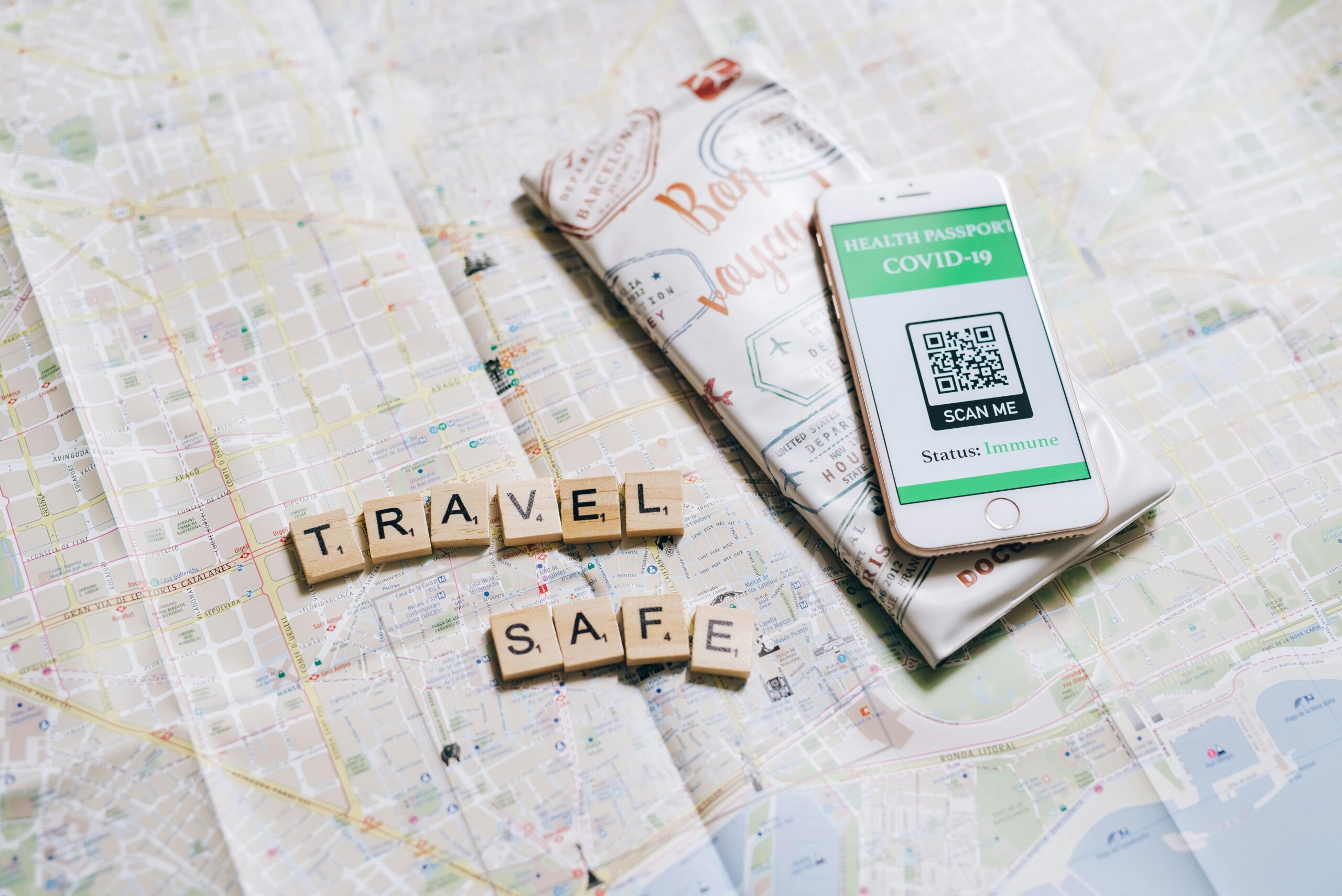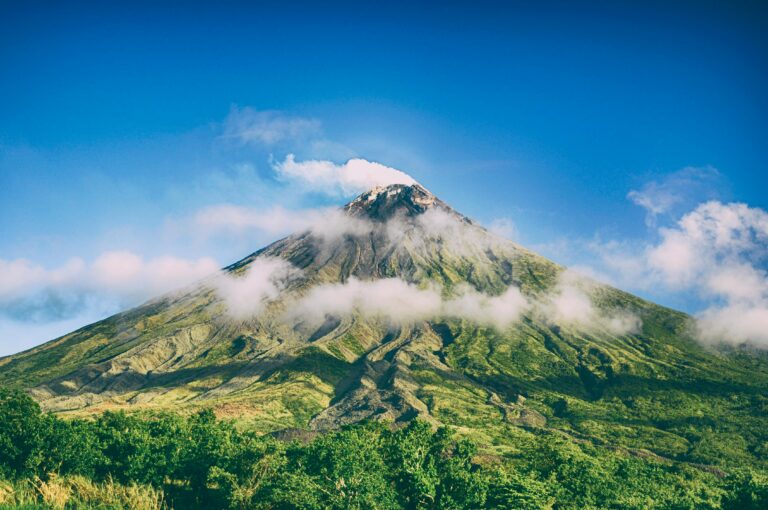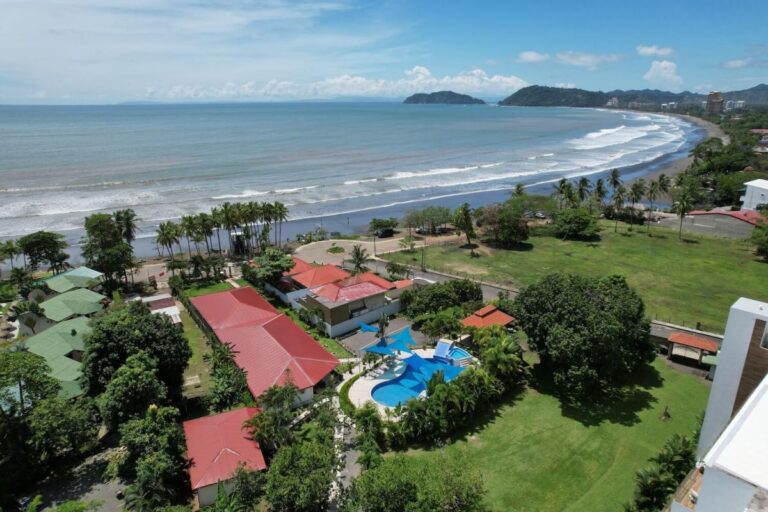Is Costa Rica Safe to Travel?
Costa Rica has been a favorite destination for travelers that are seeking escape from their normal day-to-day life. Costa Rica gives a fantasy-like feel for travelers with lush rainforests, sandy beaches and vibrant culture. But like other travel destinations safety can be a concern if you are not familiar with the area.
Many new travelers are concerned about tha safety of Costa Rica. So, Is Costa Rica safe to travel? The short answer is yes, it is safe but there are some precautions to take while traveling. As with any foreign travel, it is important to be informed and prepared for a safe and enjoyable journey.
General Safety
Costa Rica is generally considered one of the safest countries in Central America. It has a stable democracy, no standing army and a strong focus on biological conservation and eco tourism. These factors usually contribute to a relatively peaceful environment for both locals and visitors.
Costa Rica is highly committed to education and social welfare. It has raised the standard of living compared to many of its neighbors, which is an indirect contributor to a safer environment.
However, foreign travels always carry some degree of risk and travelers should be aware of potential dangers. It can help to make the trip enjoyable and safe. Travelers should always remain vigilant and take standard safety precautions because they are in an unfamiliar country.
Tourism Infrastructure
One of Costa Rica’s biggest safety advantage is the tourism industry that has become well-developed with time. The country welcomes millions of visitors each year. It has invested heavily in infrastructure to provide a better experience to tourists. Popular tourist areas have strong police presence to ensure the safety and security of the public. Hotels, tour operators and local businesses work together to create a safe and secure environment for tourists.
The focus on tourism has led to the development of numerous eco-lodges, resorts and tour companies. They prioritize guest safety and have well trained staff that can communicate in English and are well versed in addressing the concerns and needs of international travelers.
Crime Concerns
Crime exists in Costa Rica, as it does everywhere. But the violent crime against tourists is relatively rare. The most common safety concerns for travelers are petty theft and opportunistic crimes. Pickpocketing, bag snatching and little thefts from vehicles are more commonly reported incidents. These crimes often occur in crowded areas and public transportation.
Always be a cautious traveler and be wary of your surroundings, keep valuables secure and avoid displaying expensive items or large amounts of cash. Use hotels safes and carry only essentials while exploring. Staying alert can significantly reduce the risk of becoming a target.
Urban Safety
Urban areas like San José, which is also the state capital, requires extra caution. It has higher crime rate than rural or beach locations. Travelers should be particularly vigilant in busy areas like bus stations, markets and nightlife clubs. Use official taxis or ride-sharing services, especially at night. Rather than walking in unfamiliar areas.
When exploring San José or other urban areas, research for safe neighborhoods and stick with your group. Avoid flashy expensive jewelry and expensive cameras to prevent unwanted attention. Many tourists find it helpful to blend in by dressing modestly and avoiding behaviours that give away that they are alone.
Beach Safety
Costa Rica’s beautiful beaches are a major tourist attraction for tourists but practicing beach safety is crucial. Strong currents and tides are common at many beaches. Not all beaches have a lifeguard present.
Always practice safe swimming and look out for warning signs and local advice about sea conditions. It’s also wise to keep an eye on the personal belongings while enjoying on the beach. Don’t leave your personal belongings unattended while enjoying the beach.
Some beaches are known for their dangerous beaches, which makes them popular among the surfers but are a potential threat for inexperienced swimmers. Always check with locals or your hotel about the safety of local beaches. Avoid swimming while alone or inebriated.
Natural Environment Risks
The lush environment of country looks stunning but it comes with its own set of safety considerations. Hiking is a fulfilling experience but remember to stay on track and heed warnings about wildlife. Costa Rica is home to venomous snakes and potentially dangerous wildlife creatures.
Use a knowledgable guides for nature excursions. Guides can help you to identify natural hazards. Provide information about local flora and fauna, and ensure that you’re well prepared and you and your guide have everything you need. They can also be invaluable in case of emergencies, as they’re familiar with the area and often have communication devices call for help if needed.
Road Safety
Road safety is another important consideration for travelers in Costa Rica. The country’s roads can pose a challenge because the roads are narrow winding mountain passes in Costa Rica. During the rainy season (May to November), landsliding and flooding can make the roads hard to pass. If you are renting a car, hire a local driver or drive with caution. Most importantly, follow local traffic laws and be prepared for unexpected road conditions.
Many travelers opt for shuttle services or guided tours to navigate between destinations safely. If you do choose to drive, make sure you’re comfortable with manual transmission vehicles, as these are common in rental fleets. It’s also wise to avoid driving at night when possible, as road conditions can be harder to assess and wildlife is more active.
Health Considerations
Health-wise, Costa Rica is generally safe for travelers. The country has a good healthcare system, and many doctors are trained in the United States. However, it’s always recommended to have travel insurance that covers medical emergencies. Visitors should take standard precautions like drinking bottled water, using insect repellent to prevent mosquito-borne illnesses, and being up-to-date on routine vaccinations.
Local Attitudes and Language
Despite these considerations, the vast majority of travelers to Costa Rica have safe and enjoyable experiences. The country’s commitment to tourism and conservation has created a welcoming environment for visitors. Costa Ricans, known locally as Ticos, are generally friendly and helpful to tourists. Many speak English, especially in areas frequented by international visitors, which can be reassuring for travelers concerned about language barriers in emergency situations.
Learning a few basic Spanish phrases can go a long way in enhancing your travel experience and safety. Being able to communicate, even at a basic level, can be invaluable in emergency situations or when traveling in less touristy areas. It also shows respect for the local culture, which is often appreciated by Costa Ricans.
Conclusion
In conclusion, Costa Rica is generally a safe destination for travelers who take reasonable precautions. Its stable political climate, well-developed tourism industry, and friendly locals contribute to a positive experience for millions of visitors each year.
By staying aware of your surroundings, respecting local customs and natural environments, and using common sense, you can minimize risks and fully enjoy all that this beautiful country has to offer.
Whether you’re zip-lining through the cloud forest or relaxing an a Costa Rican beach. Costa Rica provides a safe and unforgettable experience for those who approach their journey with a balance of enthusiasm but are still cautious.







